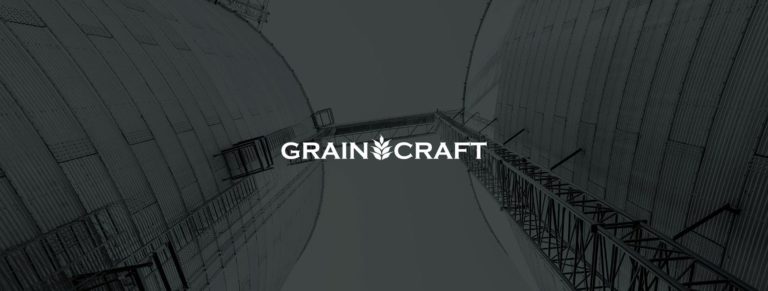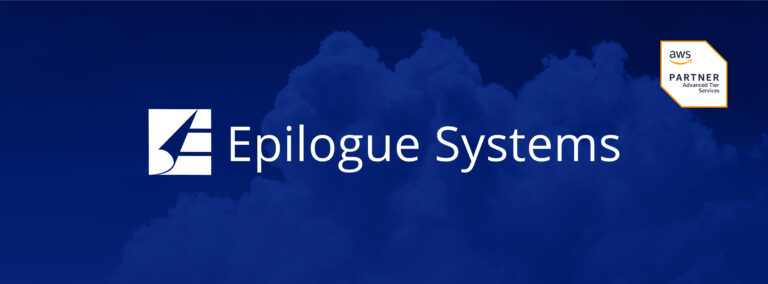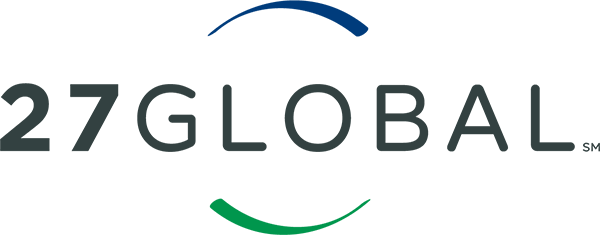Transforming multi-cloud complexity into Azure-led efficiency
ABOUT THE COMPANY
Founded in 1995 and based in Boston, EPFR (Emerging Portfolio Research Fund) serves investors looking for deeper intelligence on market trends—showing where money is moving across geography, sectors, industries, and securities. This data on “fund flows” is invaluable to the investment community looking to make intelligent decisions based on solid facts.
OPPORTUNITY
EPFR was spun off of their parent company Informa and needed to bring EPFR assets into a new, separate environment. The business-critical applications were also being hosted across multiple cloud vendors. EPFR sought to align and consolidate disparate software architectures, decrease maintenance and overhead costs, and increase their security, scalability, and reliability.
SOLUTION
EPFR partnered with 27Global on this project to consolidate its multi-cloud landscape into a single Microsoft Azure platform. The initial focus was to design a new, unified cloud architecture that optimized resource utilization, enabled quick scalability, and the ability to accommodate additional web applications. This, ultimately, would lower EPFR’s cloud costs, improve the forecasting accuracy of future cloud spend, and increase their security posture.
After establishing this best-practices design, 27Global brought an expert team of cloud engineers, senior developers, and software consultants to plan and build the desired state. Working hand-in-hand with EPFR developers, this team went to work building and migrating from legacy environments. Three primary application stacks were planned:
- EPFRglobal – the organization’s flagship market analytics product and largest application in the product portfolio migrated from the legacy Azure instance
- iMoneyNet – additional reporting product focused on money markets in the US and abroad, IMoneyNet was migrated from AWS to Azure
- PlacementTracker – research database tool covering PIPE and Private Placement markets, this product was also housed in the legacy AWS environment
During the build, the team updated the networking, storage, computing, logging, monitoring, and installation components of each application to achieve functional parity (and using Azure-native components where possible). 27Global also implemented enhancements to several areas, including infrastructure as code (IaC) via Terraform, a consolidation of infrastructure to incorporate enhanced HA/DR strategies, a rebuilding of pipelines to increase automation, and implementation of new security tooling for static code analysis (SonarQube) and infrastructure scanning (Snyk).
For the legacy AWS applications, some refactoring was needed to leverage Azure components or consolidate similar functions such as FTP retrieval. Existing integrations were to be brought into the new build, including Salesforce, SendGrid, and Maytech. Priority enhancements were also identified – for example, 27Global developers replaced database-driven Authentication for these applications with EFPRglobal’s existing Auth0, allowing for single-sign-on and improved security.
Finally, the team also developed an API that allowed subscription and entitlements information from Salesforce to more effectively communicate with the EPFR applications and dynamically drive users’ experiences within the separate applications.
RESULTS
Across the application portfolios, 27Global migrated, rebuilt, and refactored more than 1,400 unique cloud resources, 100 repositories, and 80 pipelines. This effort demanded a wide range of technical skill sets and development languages, including Terraform, .NET, JavaScript, ColdFusion, FoxPro, and more.
The 27Global team ensured the new application was live ahead of the deadline by staggering cutover activities and data migration over the course of six weeks (versus a single, major cutover event). This prevented any extended downtime and removed much of the risk associated with the migration.
27Global was able to quickly stand up the infrastructure and implement Auth0 for all three applications; design and implement Entitlement API; implement cloud-native technologies such as Azure SQL and FrontDoor; and train the client developers on how to leverage cloud-native technologies and integrations. Major tech debt was also uncovered within the application code and resolved prior to migration.
Finally, by prioritizing security during the planning and creation stage, the team could “shift left” on the DevOps transformation. Doug Whittenburg, EPFR’s interim CTO, said he appreciated the level of expertise and collaboration:
“The architecture was designed to meet our goals of increased security, inherent disaster recovery, higher level of customer service to clients, and incorporation of best practices on the cloud,” he said. “This achievement took a great deal of cooperation with our engineering and cloud team along with strong attention to project oversight. We would recommend 27Global to other companies looking to make similar transformative journeys.”
Brien Currier, vice president of engineering at EPFR, said he especially appreciated 27Global’s ability to be flexible with the project as it changed throughout the process:
“27Global proved to be true partners, operating as an extension of our own team, in delivering a solution that migrated to a consolidated platform on Microsoft Azure for multiple EPFR products. Frequently requiring navigation within ambiguity and unanticipated obstacles, their commitment, collaboration, and flexibility to pivot late within the project timeline were critical to enabling successful delivery by our targeted deadline.”
27Global is a Microsoft Solutions Partner in Digital & App Innovation, with validated proficiency in guiding and empowering our clients’ transition to the Azure cloud and multiple advanced certifications. Learn more about how we guide and empower our clients’ transition to the Azure cloud.
EXPLORE OUR WORK WITH OTHER FINANCIAL SERVICES CLIENTS.






